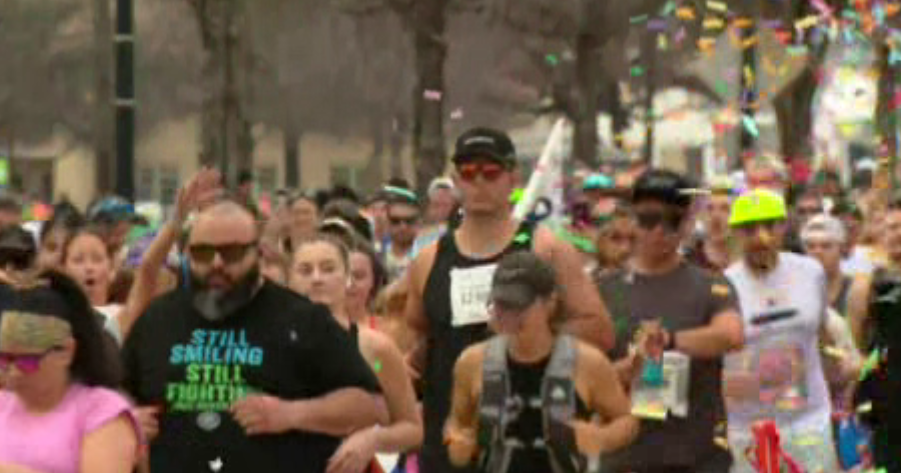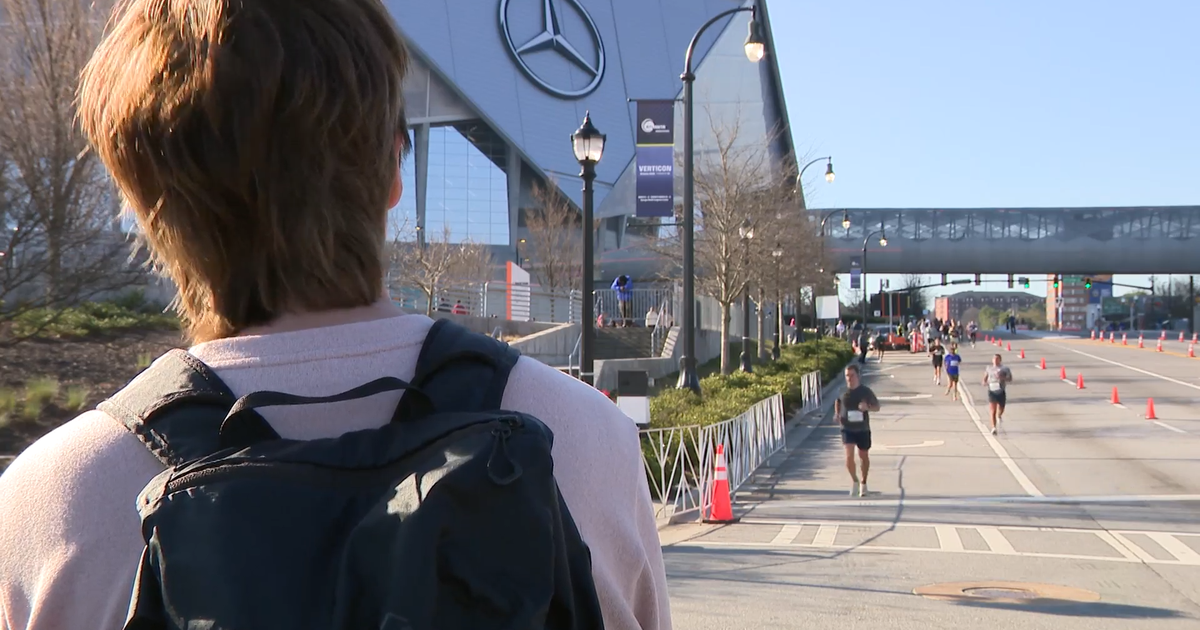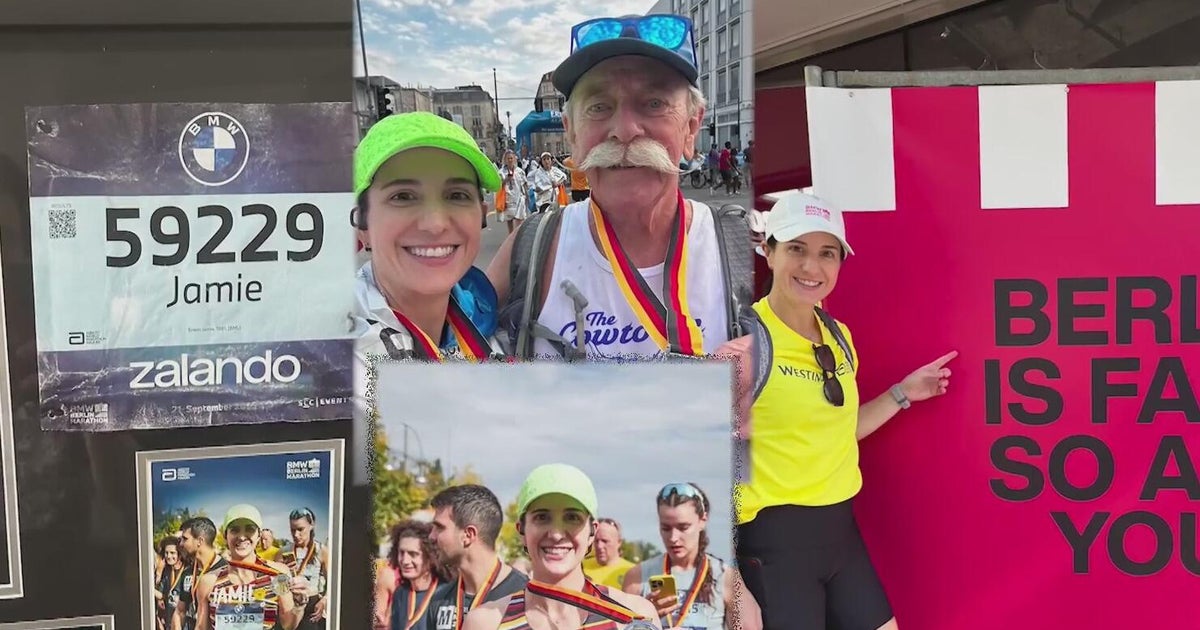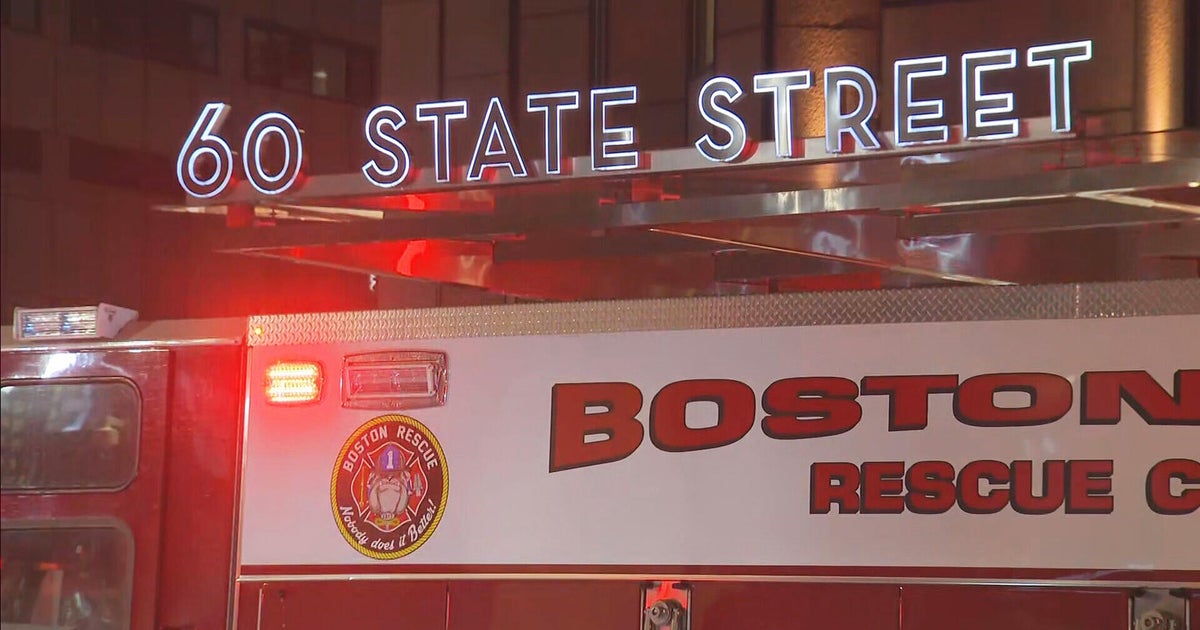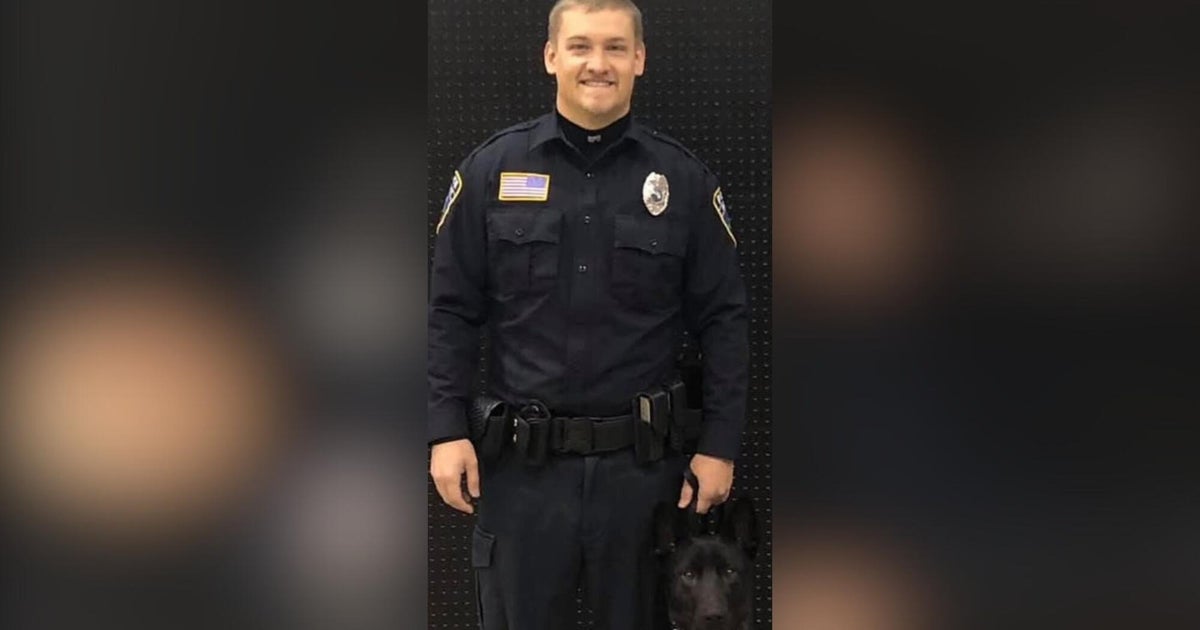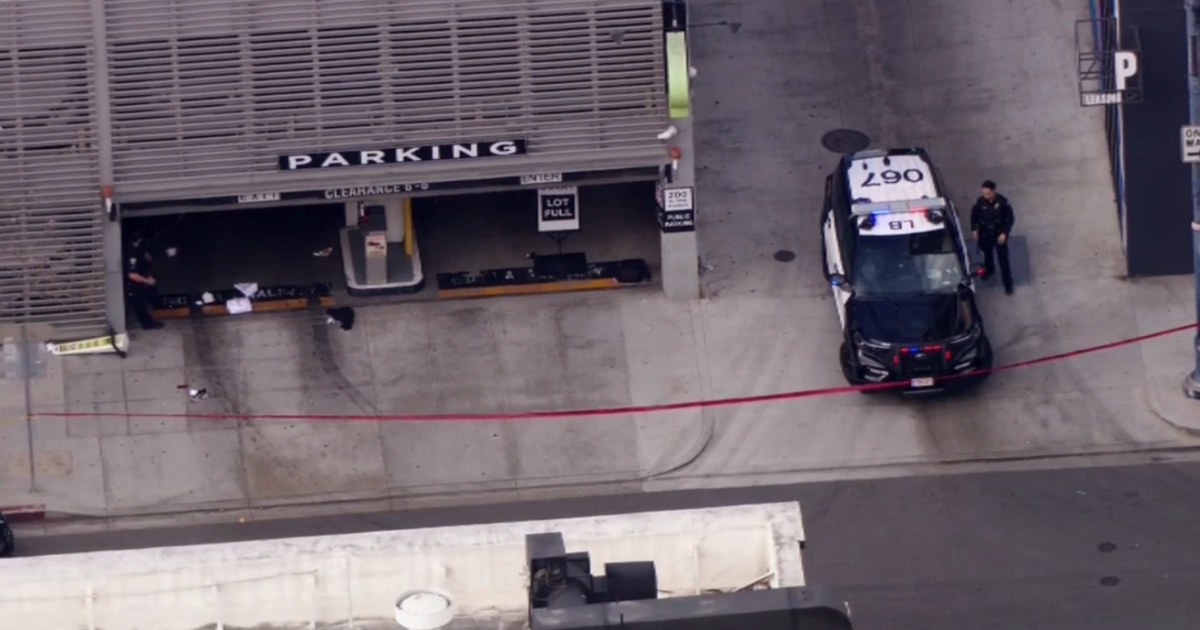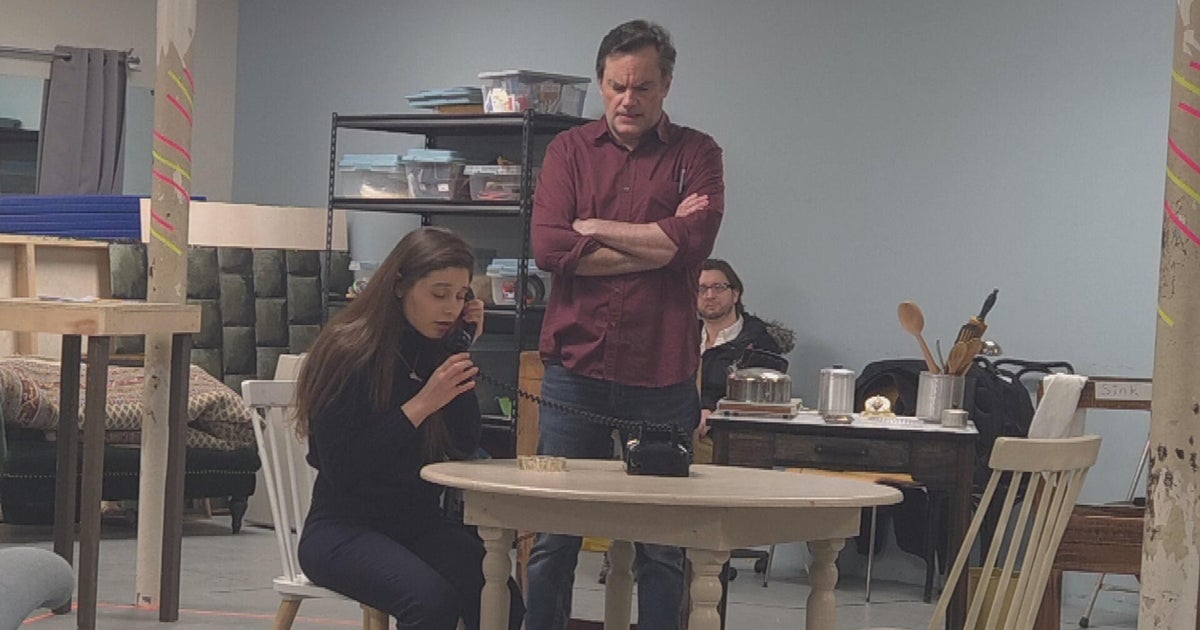Boston Police Supt. Offers Advice on Marathon Security
BLOOMINGTON, Minn. (WCCO) -- Police chiefs from across Minnesota received an eye-opening lesson Thursday on terror threats and police tactics from a man who has intense experience.
Boston Police superintendent William Evans played a key role after the bombings at the Boston Marathon. In the chaotic moments afterward, officers and medical workers did just what they had trained for over the past several years. It was Evans' plan they followed.
"The key is to train as many people up," Evans said, "whether they're policemen, whether they're medical, whether they're civilians there to look for something that just doesn't look right."
Evans is a marathon runner himself who finished this year's race well before the bombings. He knew the marathon was a potential target, but he thought if a terrorist attacked, it would be when the earliest finishers were coming in and the crowds were the largest. It happened much later in Boston.
"I think that's a lesson learned," he said, "that you can never let down your guard."
They also learned about communications issues, when the cell phone system became overloaded and officers couldn't call or radio each other.
"The only way we could communicate - and I think it's a good lesson - is by texting, believe it or not," Evans said.
The NFL is among those increasing security, not allowing any large bags you can't see through.
Evans' appearance in Minnesota came 24 days before the 2013 Medtronic Twin Cities Marathon. He said there is no specific threat against the marathon, but officials and spectators should be wary of anything out of the ordinary.
He said a long, wide-open event like a marathon is tough to protect.
"Put yourself in their mind on where they might attack, because there's no way you can cover 26.2 miles," he said.
Still, he said he won't have any hesitation running in next year's Boston Marathon.
"Our philosophy is we're going to be bigger, we're going to be stronger," he said, "and the public's got to come back and say we won't be intimidated."
He had much more to offer about lessons he's learned, but he saved the more sensitive information for his closed door meeting with the police chiefs.
